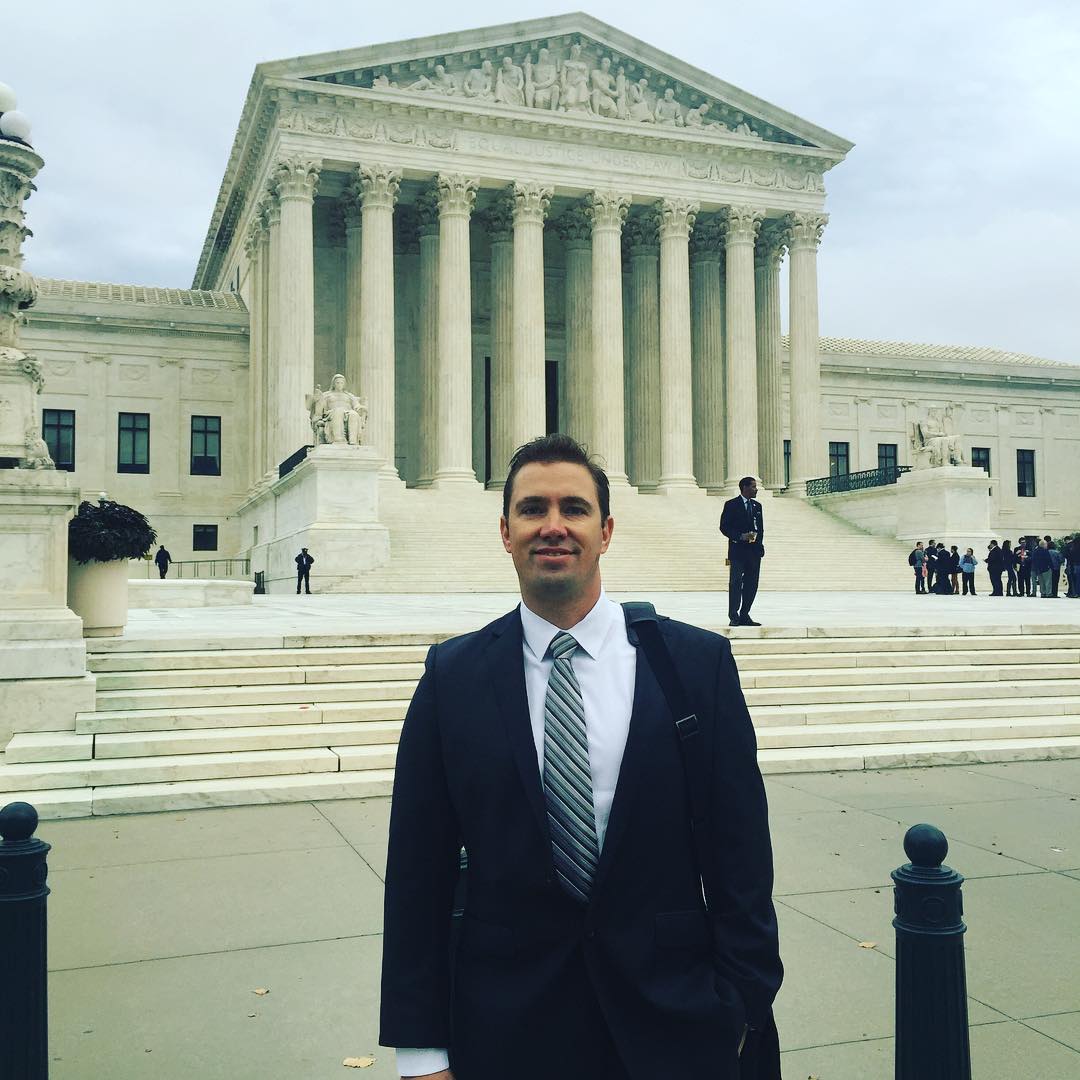Shon Hopwood, who teaches criminal law at Georgetown University, is known not only for his scientific works and victories in the US Supreme Court. His students are well aware that their teacher spent 11 years in prison for armed robbery of the bank.
Hopwood also discovered an interest in jurisprudence there, in which he made an excellent career despite all the difficulties. The former prisoner gave an interview to the correspondent of the American channel CBS News, Steve Croft. The interviewer followed the path from the prisoner to the teacher at the university.
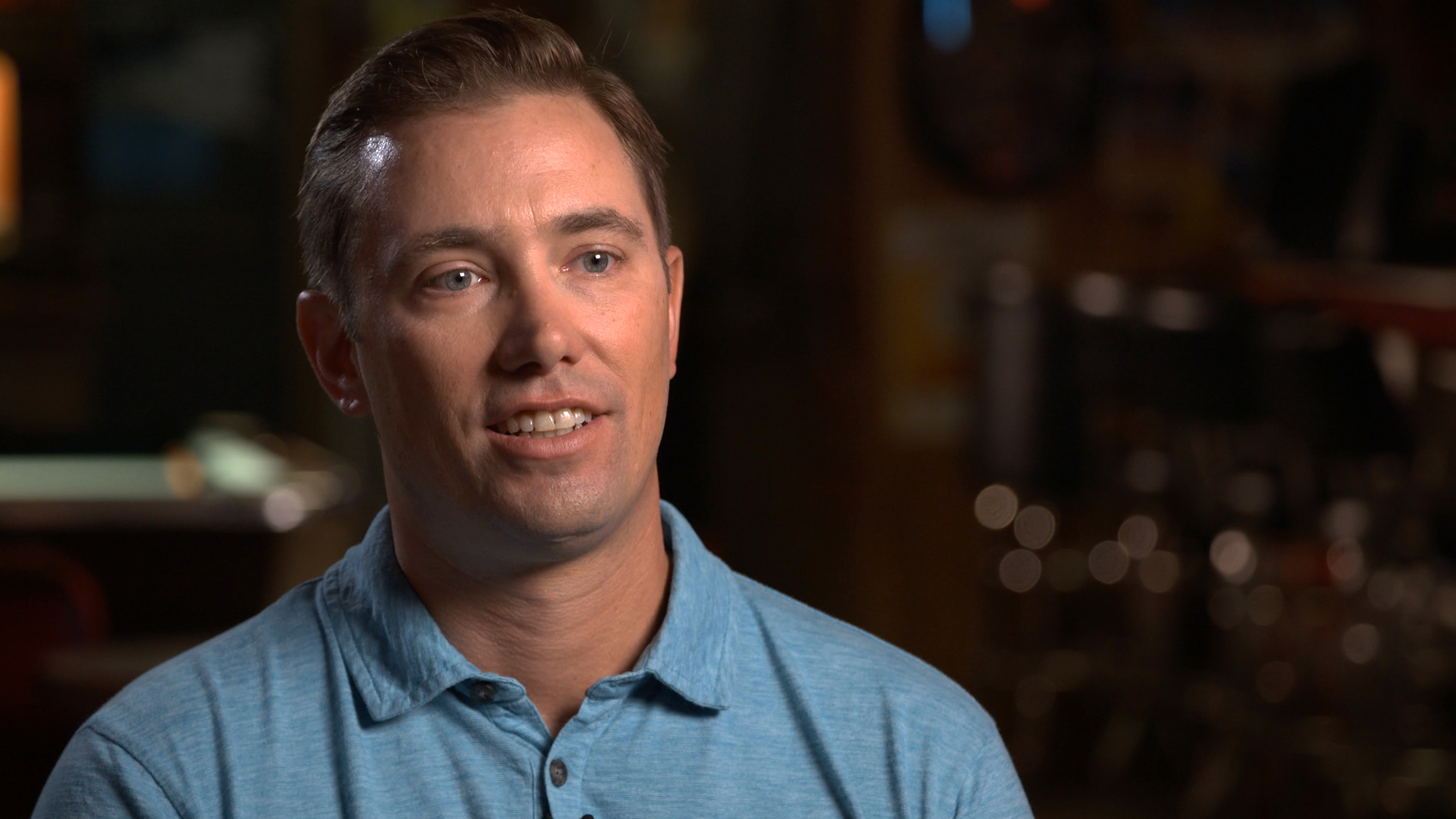
He is 42 years old, born in the wilderness of Nebraska, surrounded by corn fields and grazing cows. He grew up as a stubborn young man who hated the rules. A good athlete and a lousy student, Hopwood received a grant from the university for success in basketball but flew out from there in a semester because parties were much more interesting than studying.
Two years after he served in the naval forces, where was often caught drunk. When Shon returned to Nebraska and found work on the farm, drugs were added to the alcohol.
“I wanted a beautiful life. It did not fit to dig manure on the farm and live with parents.”
The 21-year-old Hopwood received a friend’s offer to rob the bank while sitting at the bar in the evening. In August 1997, 23-year-old Hopwood, who lived with his parents, robbed the bank for 50 thousand dollars.
Hopwood was detained only ten months after the first crime, in July 1998. Enforcement officers found $100,000 in his car, which led to the last robbed bank, numerous weapons, etc. In May 1999, Hopwood crossed the threshold of the prison in Illinois. He was only 23 years old.
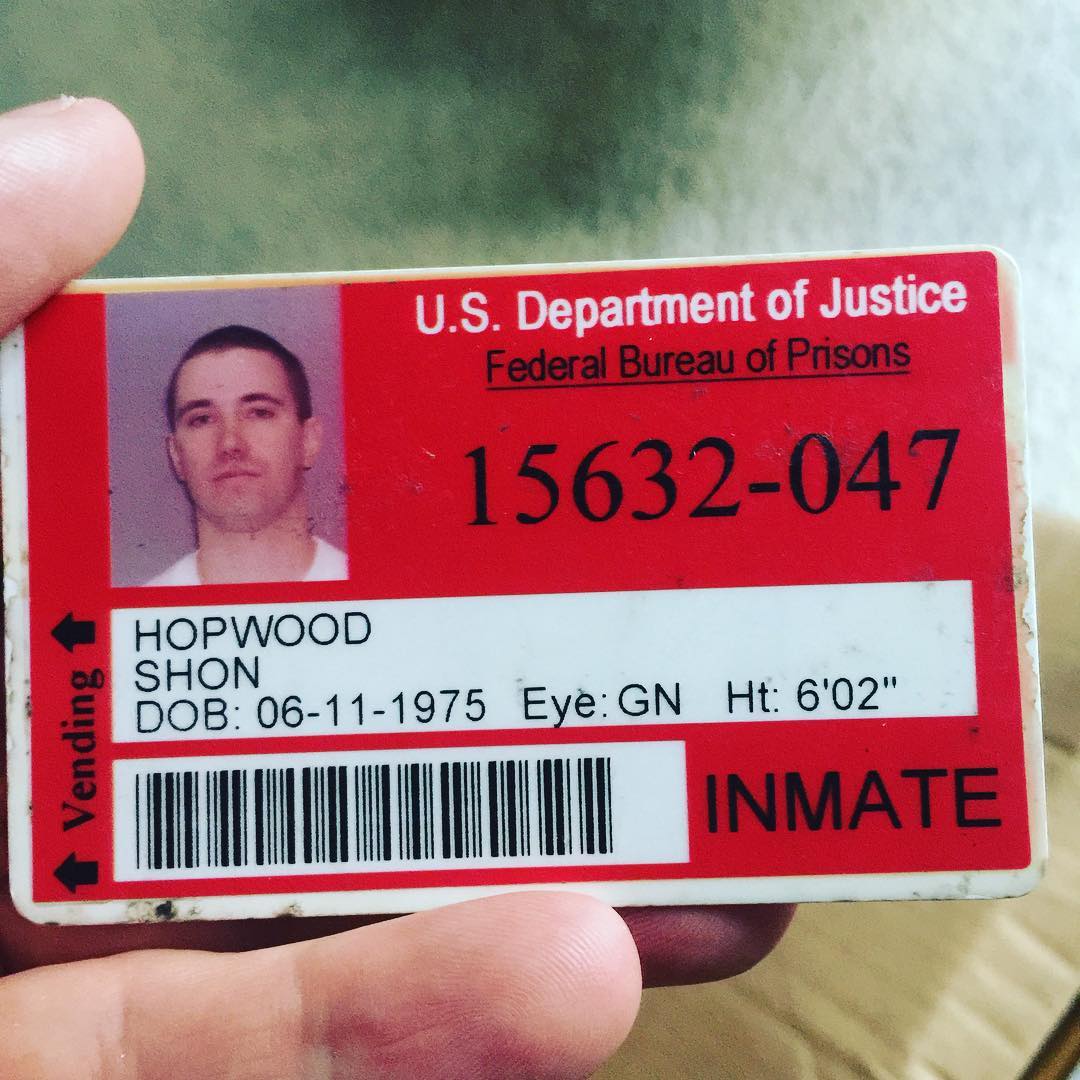
The crucial moment was when he entered the library. Everything changed when Hopwood decided to write a complaint to the US Supreme Court to shorten his term. He studied literature and prepared the document for two months, but did not succeed in the end. Had he had the help of this bail bonds company or firms alike, perhaps, the results of his efforts could have been accelerated.
Nevertheless, the beginning was settled: Hopwood developed an interest and capacity for jurisprudence. “It was like a big puzzle for me,” says professor.
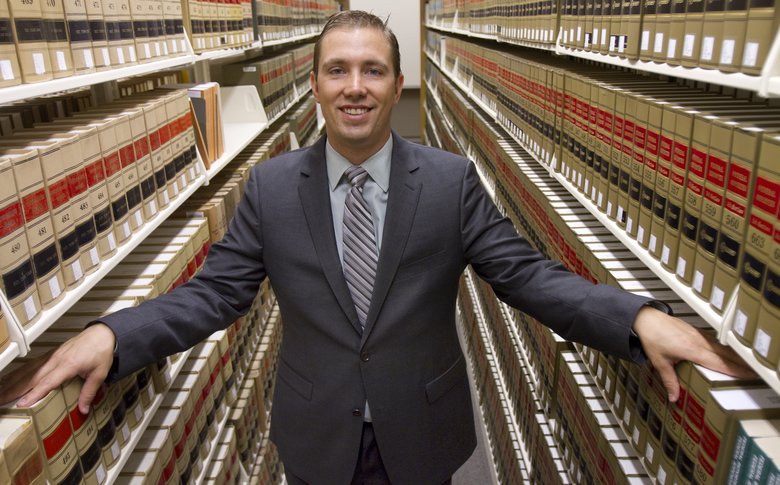
Since his release from prison in 2008, at the age of 33, Hopwood received a law degree, a lawyer license, wrote a book and has been teaching in Georgetown for the last two years and a half.

At this time, Hopwood also established his personal life. His companion was Anna Metzner, who fell in love with him in high school, and suddenly found and sent a letter when he was in prison. Communication helped them to get to know each other better, and when Hopwood got out of jail, they married. What else, his wife studies law, too.
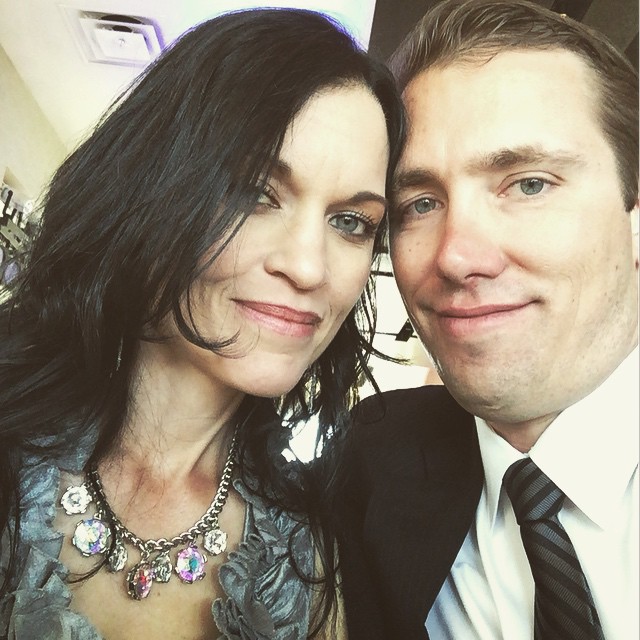
Dean of the law school of Georgetown University William Treanor says: “He understands the problems of imprisonment in ways that are not available to those who simply study them academically.”
